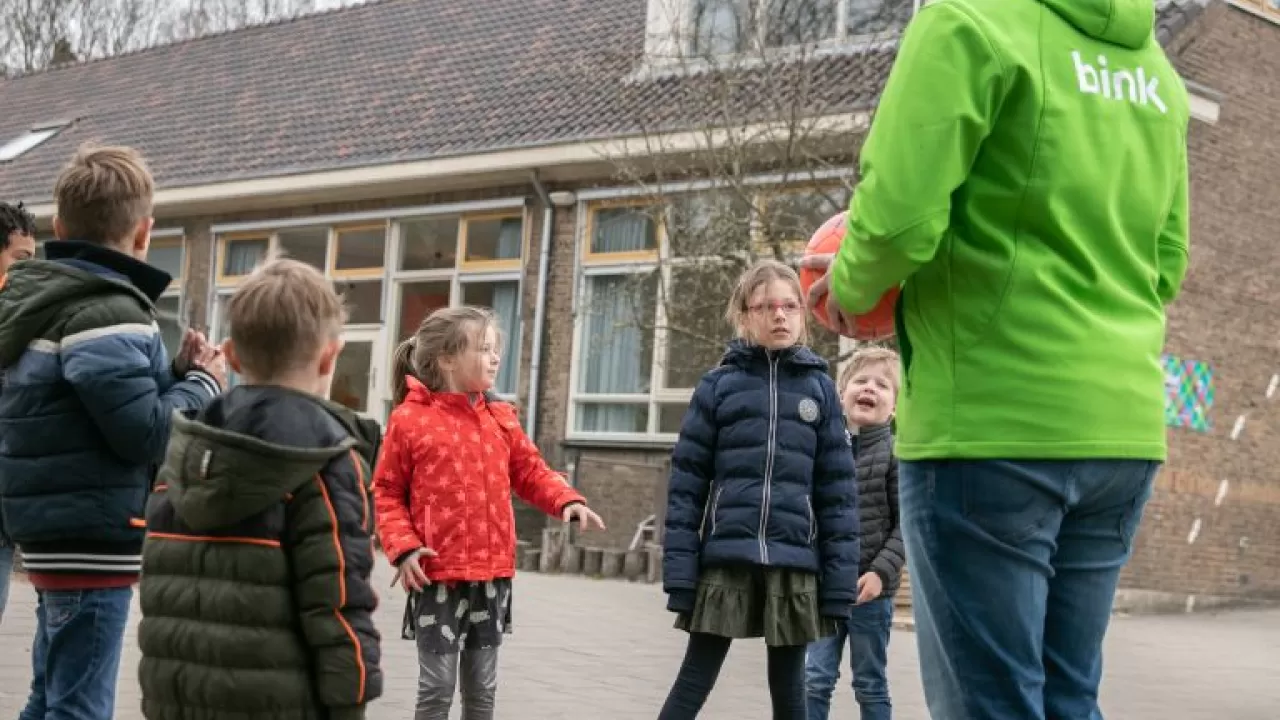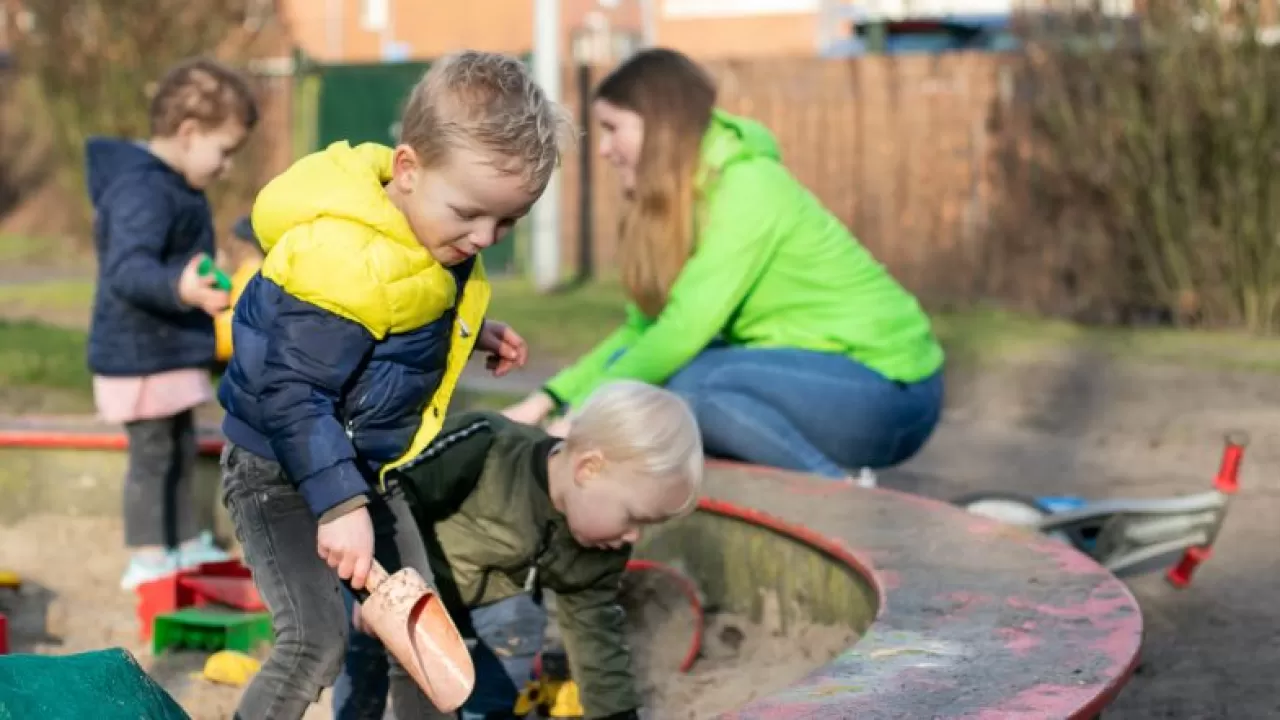
Page content
Growing in the group
The group at school and the childcare centre both provide a safe environment for your child to discover and develop. The children in the group are about the same age, but everyone is different. Children come from different backgrounds, have their own habits, their own favourite books or are used to playing differently. Despite these differences, your child makes contact. In these contacts, your child learns how other children and adults react to what he or she does or says. In this way, your child learns to cooperate or confer, to know his or her own strengths, to deal with what is not going well and to build up self-confidence.
Our world in miniature
There are always challenges, but then in miniature, within your child's world. An example: how do you react when another child takes your toy away? These kinds of small challenges sometimes resemble challenges we encounter in the adult world. You could say that the group forms its own mini-society. Through contact with other children and adults in this mini-society, children practise their social skills and resilience, thus developing respect for themselves and others. The fact that in this mini-society children develop respect is one of the reasons why we think it is so important that childcare is available for all children.

Resilience and social skills
By playing and discovering together in a safe and secure environment, children make contact. In these contacts and the challenges that arise, the resilience and social skills of your child grow. But what does this actually mean?
If your child is resilient, it means that he or she can stand up for himself/herself, but also has an eye for others. Resilience means dealing with yourself in an appropriate way, by standing up for yourself without hurting anyone else. Through small challenges, children practise their resilience. How do you solve problems? How can you be strong, but also be kind to others? Self-confidence also plays a big role in all this. A child who is resilient has a good sense of self-worth.
Social skills go hand-in-hand with resilience and there are many opportunities to practise these in a group. Your child needs social skills to deal with other children and adults in a positive way. Examples of social skills are empathising with others, conferring, solving problems, seeing and understanding your own behaviour, dealing with emotions and respecting rules. These are all skills you learn in a group, but which also enable you to treat yourself and others with respect in a group.

'Levi has knocked over my tower!'
What do social skills and resilience look like in practice? A good example is contact between children during the building of block towers. Toddlers regularly tend to knock over each other's towers. In the group at the childcare centre, the staff members always pay attention to the children during this kind of interactions. How do they react to each other? We give words to the emotion and name the reactions with the child who knocked over the tower. With the other child, we also give words to the emotion and point out what you can do when someone does something you don't like. How do you stand up for yourself? And how do you do this without hurting the other person? In this way, we practise with conflicts, one’s own behaviour, emotions and empathising with the other person.
Together we are stronger
Social skills and resilience cannot be seen separately from each other, as they reinforce each other. Resilient, socially skilled children understand their own feelings and can also reflect on the feelings of others. Resilience also has a preventive effect: in the long term, it reduces the chance of being excluded from the group and therefore, in response start bullying or being bullied. In short, by being in the group, your child practises resilience and social skills. If your child practises these skills now, he or she will later contribute to a strong society with resilient and socially capable people.
Would you like to know more?
Are you curious to know how your child's resilience and social skills are developing? Just ask your child's mentor at the group. We are happy to help!